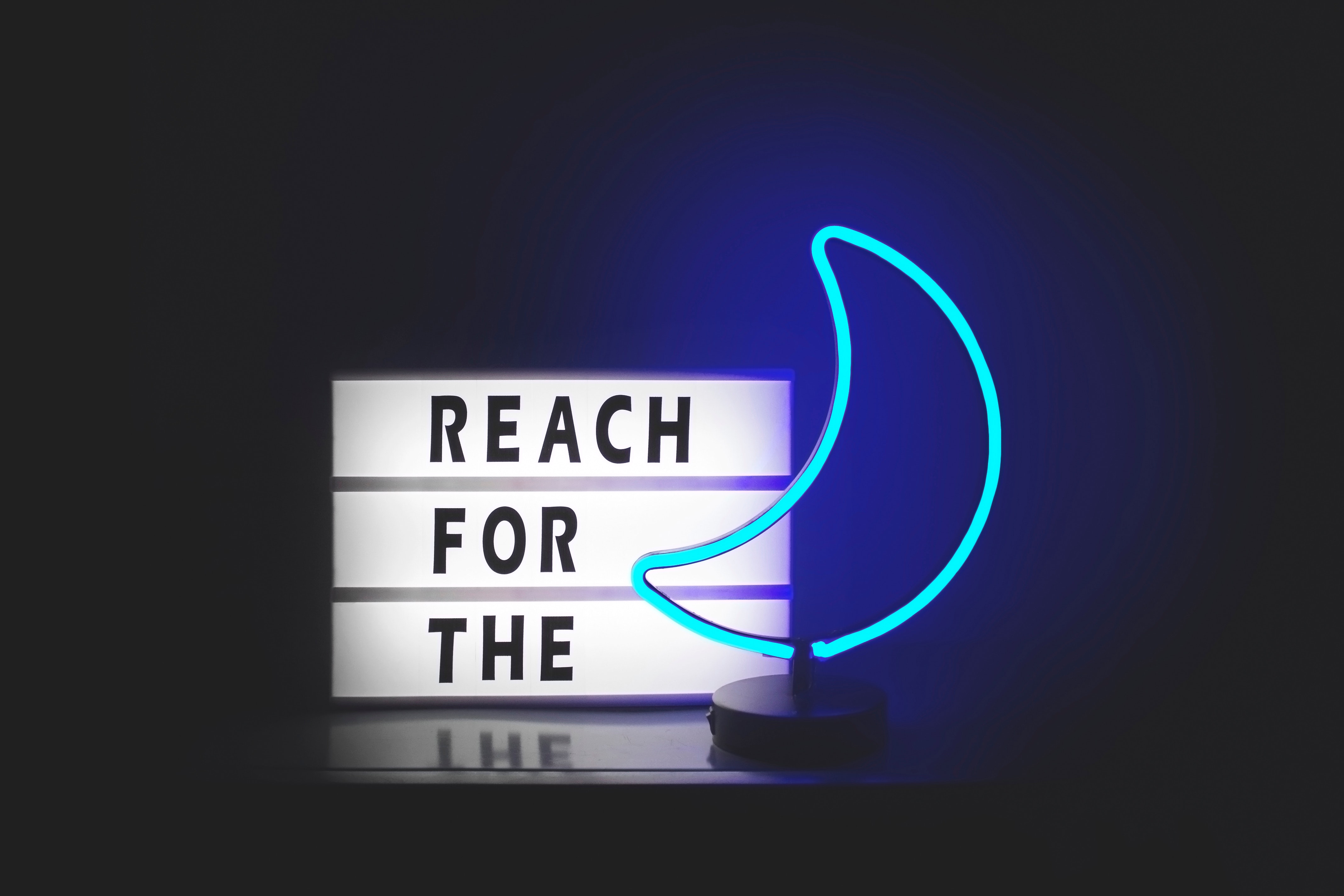We are in a prison with walls of our beliefs. Once we form some belief, once we arrive at some conclusion we become deeply attached to them.
Whereas, the right approach should be to verify a belief unbiasedly in light of different situations. For this, we should look out for instances when the beliefs hold up and also when it doesn't. But, instead of finding proofs to prove or disprove them, we are on a hunt to find only those confirmations which prove them as right.
Suppose, you believe that there is something like "telepathy". Then, you are continuously on a lookout for instances which prove your belief about telepathy. For example, you are thinking about some person and that person calls you on your phone, this call confirms your belief and makes you feel good. Such stray instances are enough for confirming your beliefs. But, we do not look out for instances when these beliefs prove wrong. We do not keep a log of all the numerous instances when we were thinking about a person and we do not receive a call from them at that moment. If we keep proper statistics about such instances we may come to a conclusion that the "telepathy thing" is no more than as permitted by probability and chance. Out of one hundred instances when we think of different persons we may receive calls from five, which may be well within the limits permitted by chance for such instances. We look for affirmations in those five instances rather than looking for refutations of the same by the remaining ninety-five events.
Below the layer of our humility, we are ingrained to privately believe we are special and that we are born with some supernatural endowment. Similar is the case about our ideas about politics, economics, management, religion etc. We also try to keep company with people who share and corroborate our beliefs. And this is the final nail in the coffin.
Love.
Mahendra
dontforcemetoeat@gmail.com




